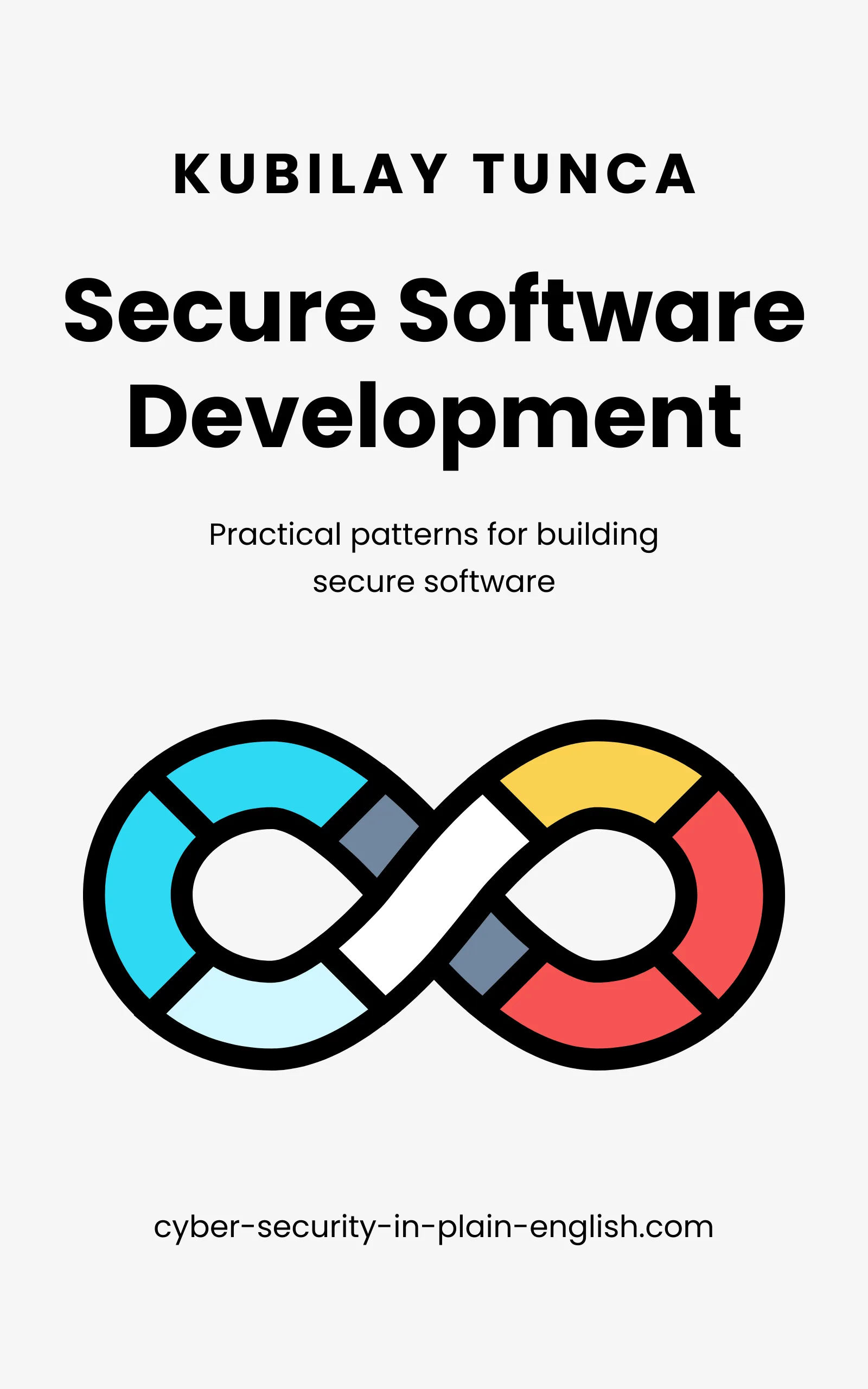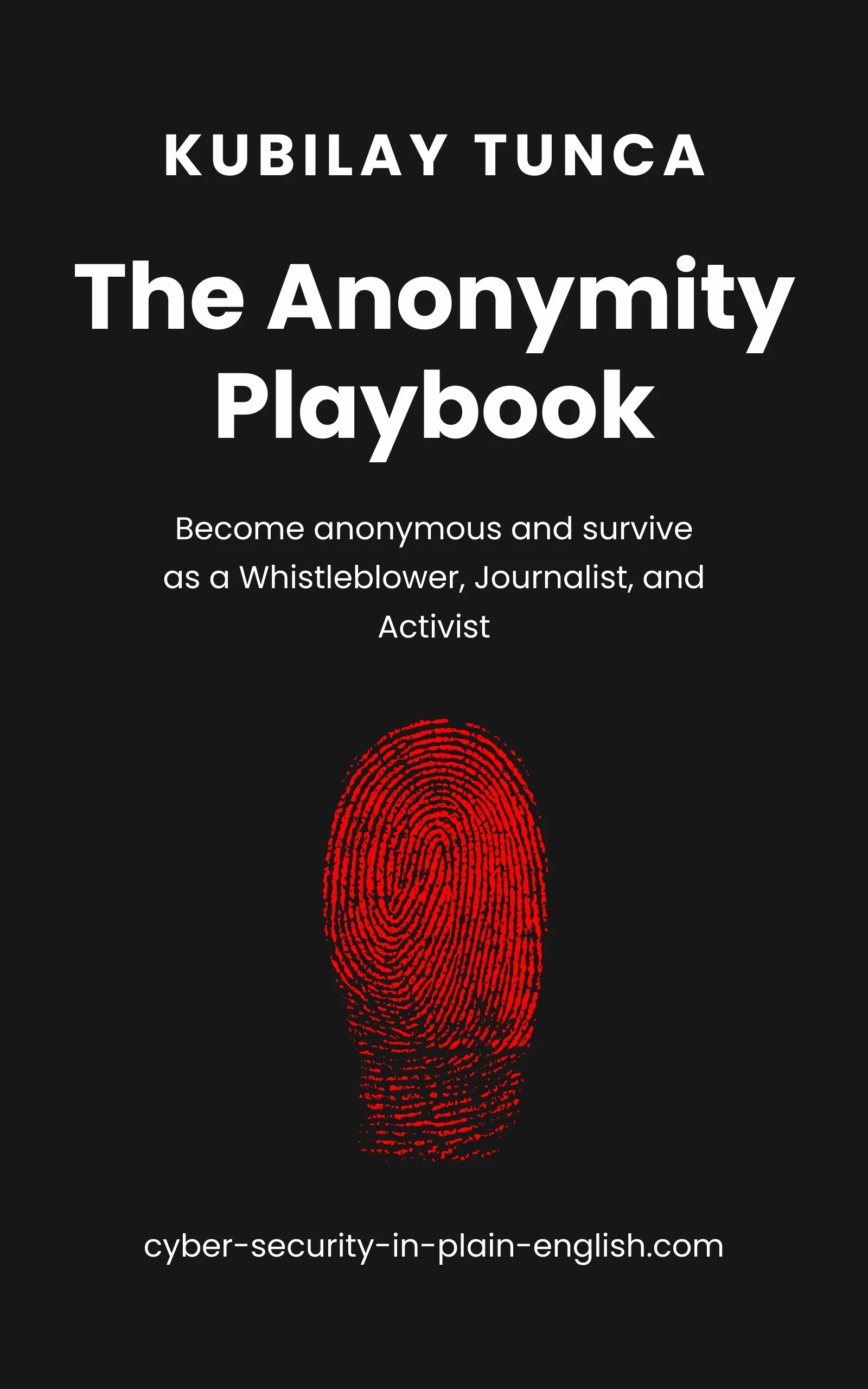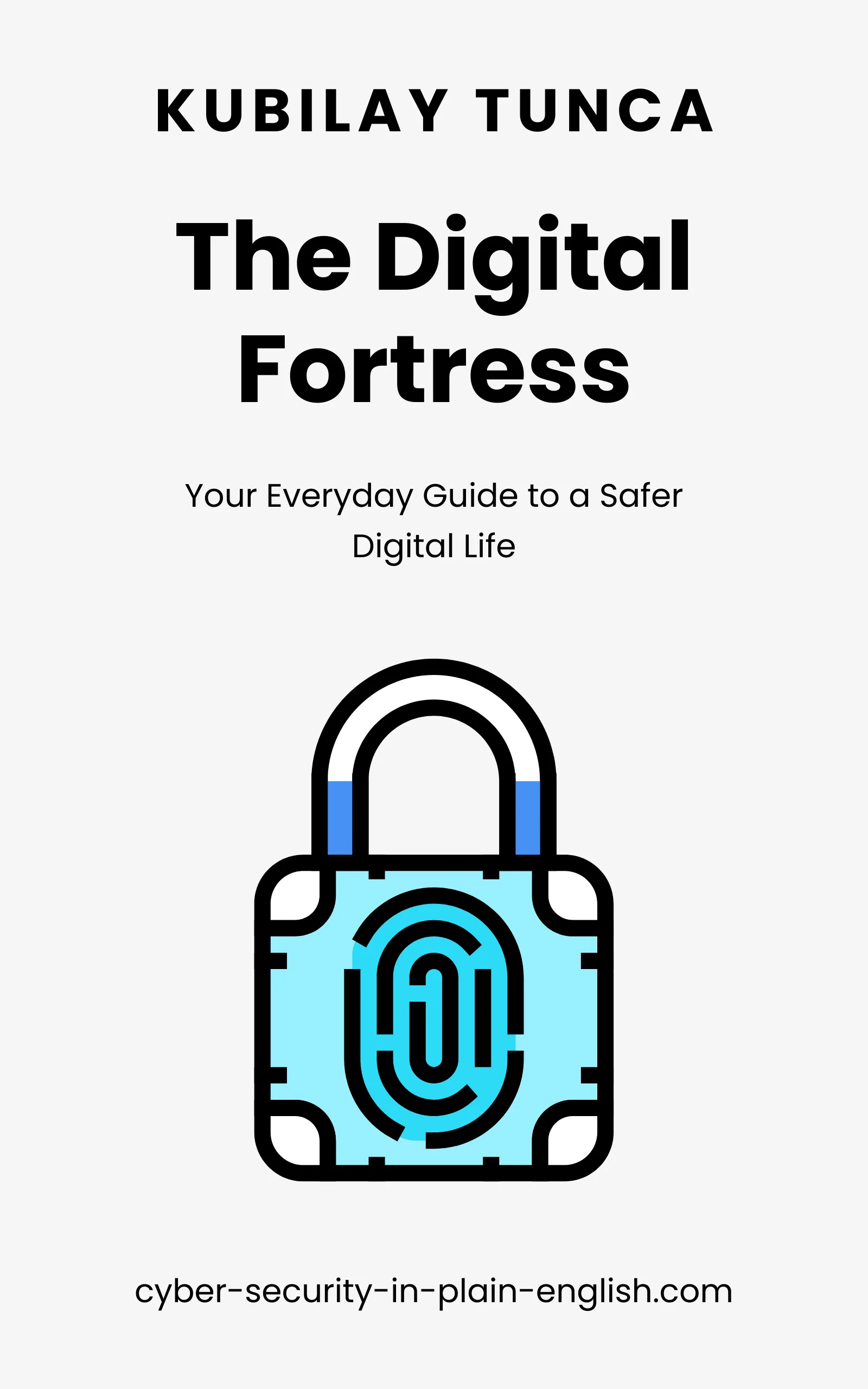Published
- 4 min read
Top Cybersecurity Certifications for Developers

How to Write, Ship, and Maintain Code Without Shipping Vulnerabilities
A hands-on security guide for developers and IT professionals who ship real software. Build, deploy, and maintain secure systems without slowing down or drowning in theory.
Buy the book now
Practical Digital Survival for Whistleblowers, Journalists, and Activists
A practical guide to digital anonymity for people who can’t afford to be identified. Designed for whistleblowers, journalists, and activists operating under real-world risk.
Buy the book now
The Digital Fortress: How to Stay Safe Online
A simple, no-jargon guide to protecting your digital life from everyday threats. Learn how to secure your accounts, devices, and privacy with practical steps anyone can follow.
Buy the book nowIntroduction
In today’s threat-prone digital landscape, cybersecurity expertise is highly sought after, making it an excellent area for developers to specialize in. Whether you’re looking to bolster your skills, secure a promotion, or transition into a more security-focused role, cybersecurity certifications provide a structured path for achieving your goals. These certifications not only validate your knowledge but also demonstrate your commitment to staying current with industry standards.
This guide explores the top cybersecurity certifications for developers, detailing what each offers and how it can benefit your career.
Why Pursue Cybersecurity Certifications?
1. Career Advancement
Certifications enhance your resume, making you stand out for promotions and specialized roles.
2. Skill Validation
They provide proof of your expertise in specific areas of cybersecurity, such as secure coding or application security.
3. Networking Opportunities
Certification programs often include access to professional networks, increasing collaboration and learning opportunities.
4. Stay Updated
Preparing for certifications ensures you stay informed about the latest security trends and technologies.
Top Cybersecurity Certifications for Developers
1. Certified Secure Software Lifecycle Professional (CSSLP)
Overview: CSSLP focuses on secure software development practices, making it ideal for developers involved in the SDLC.
Key Topics Covered:
- Secure coding practices
- Secure software design principles
- Risk management
Why Choose CSSLP: It’s one of the few certifications specifically tailored to software developers, emphasizing application security.
Best For: Mid-level to senior developers working on application security.
More Info: CSSLP Certification
2. Certified Ethical Hacker (CEH)
Overview: CEH trains professionals to think like hackers to better protect their systems and applications.
Key Topics Covered:
- Penetration testing
- Vulnerability assessment
- Common attack vectors
Why Choose CEH: Developers gain hands-on experience in identifying and mitigating vulnerabilities in their code.
Best For: Developers transitioning to ethical hacking or penetration testing roles.
More Info: CEH Certification
3. GIAC Secure Software Programmer (GSSP)
Overview: GSSP certifies proficiency in secure coding for various programming languages like Java, .NET, and Python.
Key Topics Covered:
- Language-specific secure coding practices
- Common software vulnerabilities
- Secure software development lifecycle
Why Choose GSSP: It’s perfect for developers who want to specialize in writing secure code.
Best For: Developers proficient in specific programming languages.
More Info: GSSP Certification
4. CompTIA Security+
Overview: An entry-level certification that provides a broad overview of cybersecurity principles.
Key Topics Covered:
- Network security
- Threat analysis
- Incident response
Why Choose Security+: It’s a great starting point for developers who want to build a strong foundation in cybersecurity.
Best For: Entry-level developers or those new to cybersecurity.
More Info: CompTIA Security+
5. Certified Information Systems Security Professional (CISSP)
Overview: CISSP is a highly regarded certification covering a broad spectrum of security topics.
Key Topics Covered:
- Security architecture and engineering
- Software development security
- Access control
Why Choose CISSP: Although not developer-specific, it provides a comprehensive understanding of security, making it valuable for senior roles.
Best For: Senior developers or architects aiming for leadership positions.
More Info: CISSP Certification
6. Offensive Security Certified Professional (OSCP)
Overview: OSCP emphasizes practical skills, requiring candidates to solve real-world hacking scenarios.
Key Topics Covered:
- Exploitation techniques
- Post-exploitation methods
- Penetration testing methodology
Why Choose OSCP: It’s hands-on and well-respected, providing developers with deep insights into offensive security.
Best For: Developers interested in penetration testing or red teaming.
More Info: OSCP Certification
7. AWS Certified Security – Specialty
Overview: This certification focuses on securing applications and systems hosted on Amazon Web Services.
Key Topics Covered:
- Identity and access management (IAM)
- Data protection mechanisms
- Secure cloud architecture
Why Choose AWS Security: Cloud security is critical, and this certification equips developers to secure AWS-based applications.
Best For: Developers building or maintaining applications on AWS.
More Info: AWS Security Certification
How to Choose the Right Certification
1. Assess Your Career Goals
Are you looking to specialize in secure coding, ethical hacking, or cloud security? Your goals will guide your choice.
2. Evaluate Your Experience Level
Entry-level certifications like Security+ are great for beginners, while advanced certifications like CISSP suit experienced professionals.
3. Consider Employer Expectations
Some certifications, like CEH and CSSLP, are highly valued in specific industries.
4. Plan for the Cost and Time Commitment
Certifications vary in price and preparation time. Choose one that fits your schedule and budget.
Real-World Impact of Certifications
Example 1: Securing Applications in Financial Tech
A developer who earned the CSSLP certification successfully implemented secure coding practices that reduced vulnerabilities in their fintech application by 40%.
Example 2: Transitioning to a Penetration Testing Role
After obtaining the OSCP, a developer transitioned from a traditional coding role to a penetration testing position, significantly increasing their earning potential.
Future Trends in Cybersecurity Certifications
-
Focus on Cloud Security As cloud adoption grows, certifications like AWS Security will become even more critical.
-
AI and Automation Integration Expect certifications that address AI-driven threats and automated security solutions.
-
Modular Certifications Programs will offer modular paths, allowing professionals to specialize in niche areas.
Conclusion
Cybersecurity certifications provide a clear pathway for developers to deepen their expertise, advance their careers, and contribute to safer digital ecosystems. Whether you’re starting with CompTIA Security+ or aiming for advanced certifications like CISSP or OSCP, each step enhances your skills and marketability. Evaluate your goals, choose the certification that aligns with your ambitions, and start your journey toward becoming a cybersecurity-savvy developer.